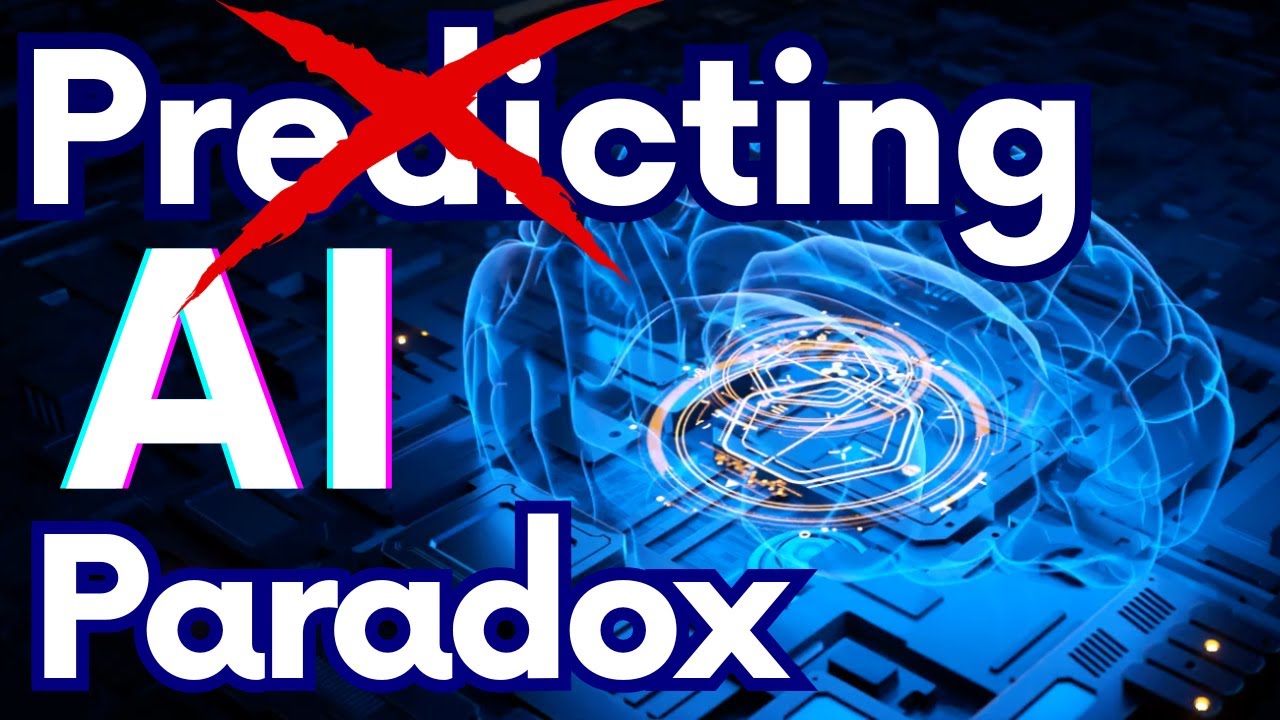Computer scientist Kintaro Toyama discusses the paradox in predicting AI behaviors, highlighting the challenges of interpretability in complex and unpredictable AI systems. He raises concerns about the existential threats posed by advanced AI technology, advocating for stringent regulations to ensure responsible development and deployment in society.
In the video, computer scientist Kintaro Toyama discusses the paradox in predicting AI behaviors. He explains the concept of the AI interpretability problem, where current AI systems are complex and unpredictable even to their designers, making it challenging to understand their decision-making process. Toyama suggests that interpretability may not be a desired trait in AI systems perceived as intelligent because human intelligence is often associated with unpredictability and creativity.
Toyama argues that there may be a limit to how much AI can predict human decisions due to the complexity of the human brain and thought processes. He believes that AI and humans will find each other equally unpredictable in interactions, except in cases where AI systems are intentionally designed to be predictable. The discussion touches on the idea that another AI may not necessarily be able to interpret AI behaviors fully, highlighting the inherent unpredictability in advanced AI systems.
The conversation delves into the potential existential threats posed by AI, with Toyama expressing concerns about the rapid advancement of AI technology and the profit-driven motives behind its development. He advocates for stringent regulations similar to those governing nuclear weapons to address the risks associated with AI systems surpassing human intelligence and autonomy. Toyama emphasizes the need for careful consideration in regulating AI development to mitigate potential negative consequences.
Toyama points out current limitations in AI systems, such as their struggle with logical deduction and reasoning tasks. He highlights the importance of integrating logic into AI systems explicitly to achieve artificial general intelligence (AGI). The conversation also touches on the challenges of AI consciousness and the ethical considerations surrounding AI development, including questions about crediting AI for its accomplishments and ensuring equitable benefits from AI advancements.
In conclusion, Toyama expresses a mix of optimism and pessimism about the future of AI regulation and development. While he acknowledges the potential for crises to prompt regulatory action, he also highlights the lag in legal frameworks catching up with technological advancements. He stresses the importance of addressing critical questions related to AI research, regulation, and ethics to ensure responsible AI development and deployment in society.
